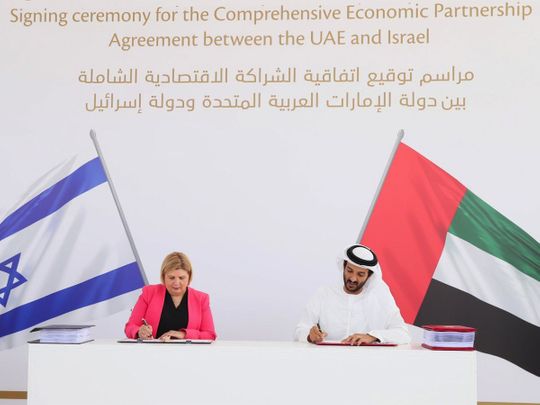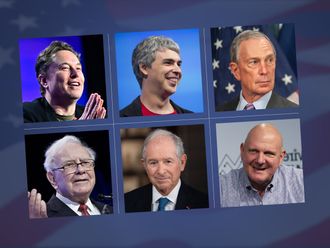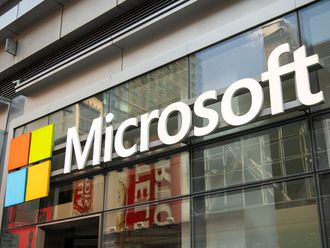
Dubai: The UAE and Israel signed a trade deal on Tuesday, which will see their non-oil bilateral trade cross $10 billion in five years.
Tweeting about the Comprehensive Economic Partnership Agreement, Thani Al Zeyoudi, UAE’s Minister of State for foreign Trade, said the partnership builds on the foundations of the Abraham Accords.
“With the #UAEIsraelCEPA signed, sealed and delivered, we have written a new chapter in the history of the Middle East. Our agreement will accelerate growth, create jobs and lead to a new era of peace, stability, and prosperity across the region,” he tweeted.
“#UAEIsraelCEPA is an unprecedented achievement. Businesses in both countries will benefit from faster access to markets and lower tariffs as our nations work together to increase trade, create jobs, promote new skills and deepen cooperation,” he tweeted.
Reaching out to the East
With the CEPA deal in place, it will be time to build on the gains already made since the Abraham Accords of 2020. “If companies in Israel set up operations in Hong Kong or Singapore in the past, they are doing so in Dubai and the UAE now to target the South Asian or Africa markets,” said Dorian Barak, co-founder of the UAE-Israel Business Council. “While bilateral trade at the end of this year will most likely shoot past the $2 billion target, CEPA is more than just about trade in goods. Any Israeli business targeting markets to the East will want to be in the UAE.
“These could be businesses or startups in renewables, agritech or anything, and they will find the UAE can be the launchpad.”
According to Samuel Shay, an investor, the deal flow can be strengthened if the UAE ‘builds a special development programme for new businesses in the UAE in sectors such as food, plastics, chemicals, and even EVs’. “There are some industrial sectors where co-operation between Israeli and UAE companies can create win-win situations, more so with the trade agreement in place.











